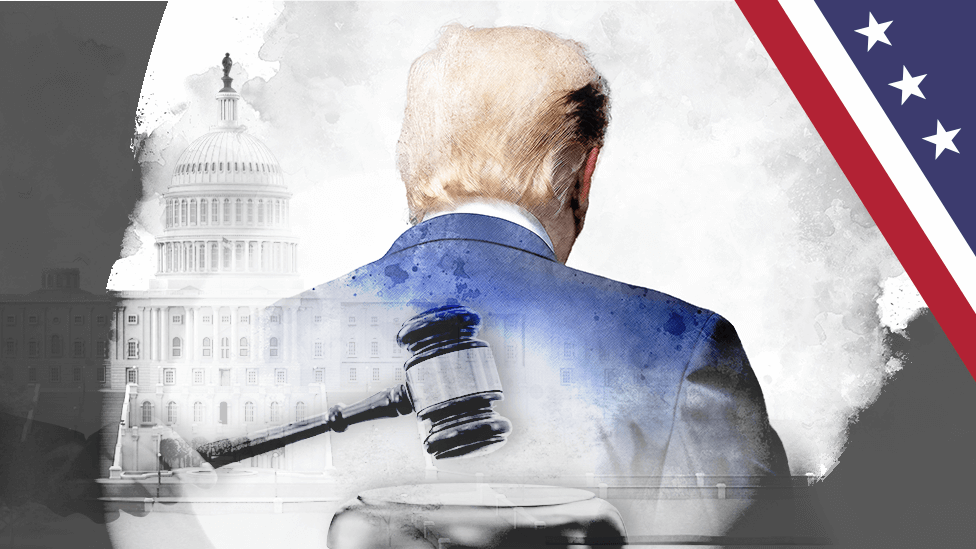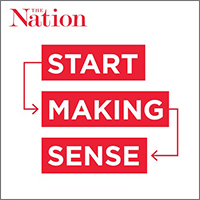
Listen HERE
Ohio voted on a referendum that would make it harder to amend the state constitution – including the addition of the right to abortion. The amendment lost, abortion rights won – Harold Meyerson comments.
Next: Should Trump have been charged with incitement of insurrection, or at least violence? What’s the line between free speech and incitement? If Trump sincerely believed he’d won the election, can he still be prosecuted for conspiracy? Erwin Chemerinsky explains – he’s dean of the law school at UC Berkeley.
Plus: What’s bad about Barbie the doll, and what’s good about “Barbie” the movie—Katha Pollitt comments. 8-10-2023










